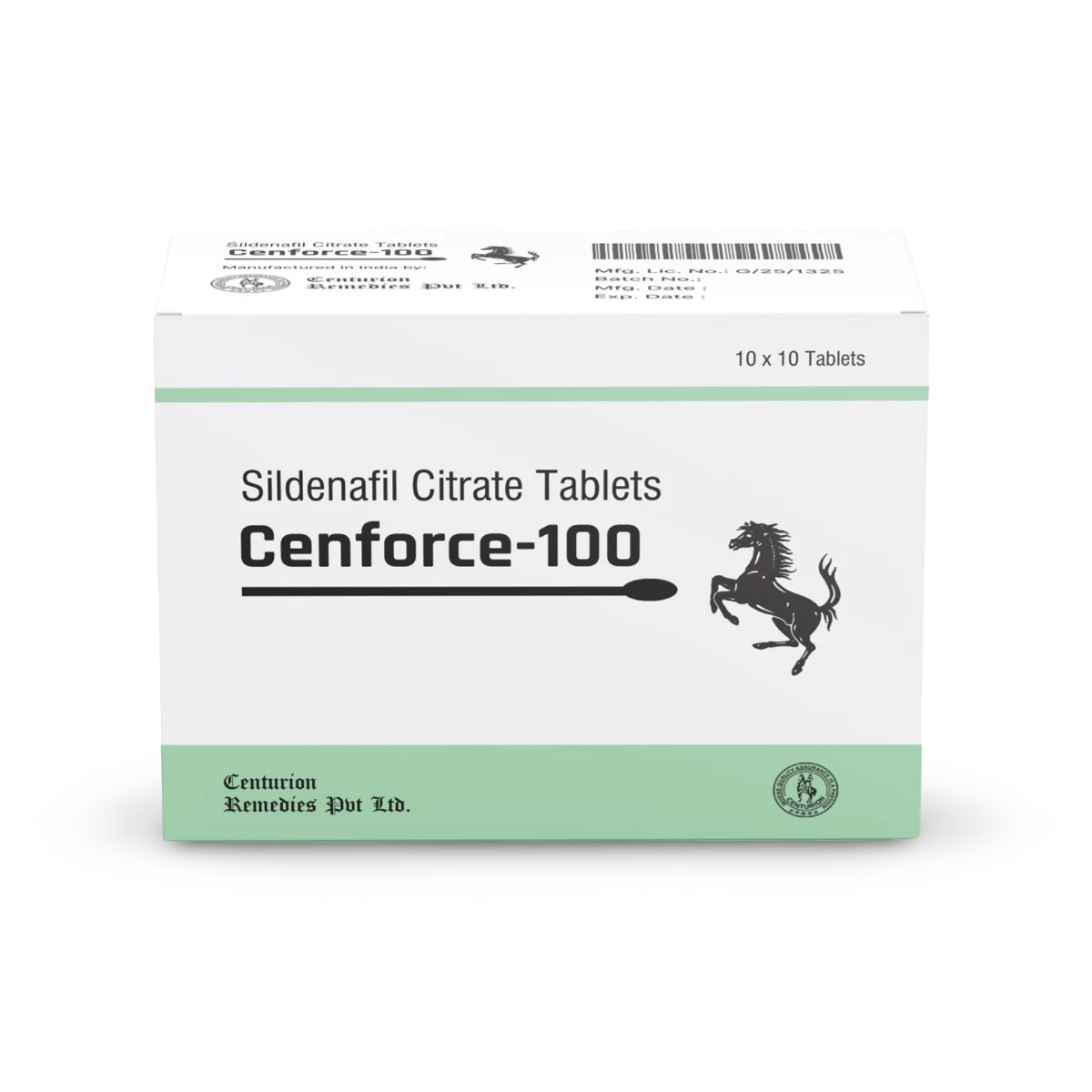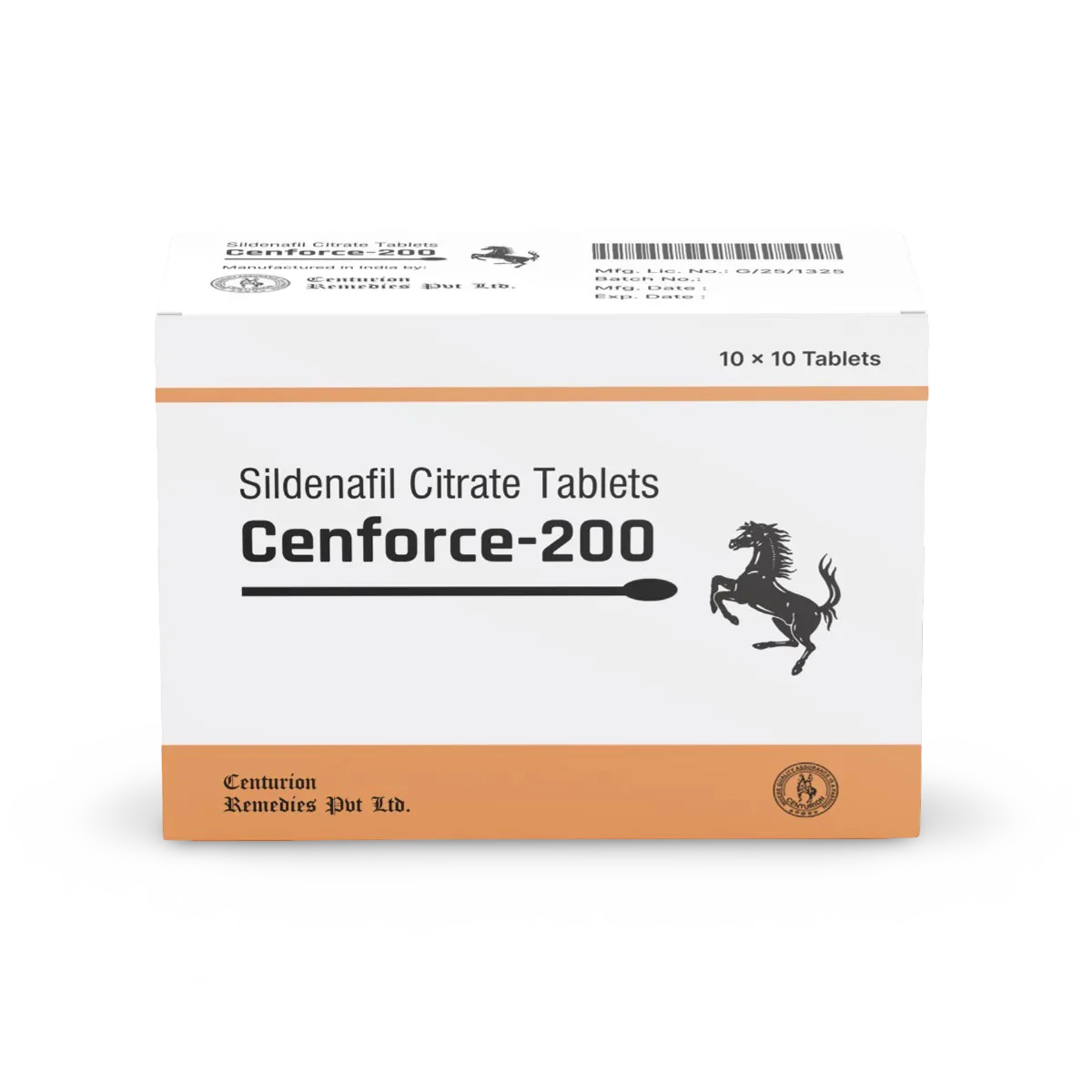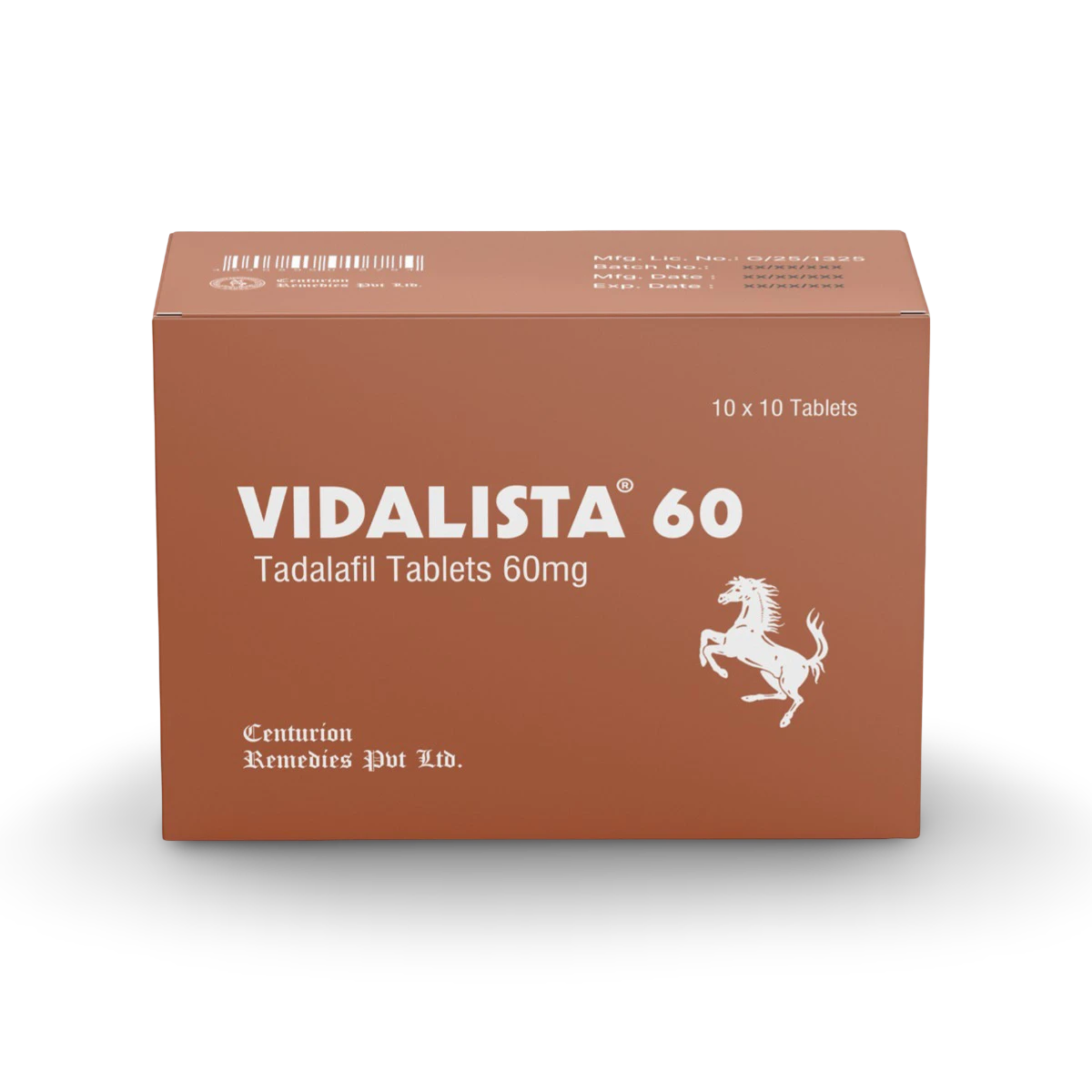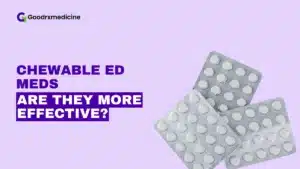Low sexual desire affects approximately 1 in 5 men at some point during their lives, creating concerns about intimate relationships and personal well-being. Understanding how to increase male libido involves addressing multiple factors, including physical health, mental wellness, lifestyle choices, and hormonal balance.
Modern medical research shows that combining evidence-based treatments with targeted lifestyle modifications can effectively restore sexual vitality. Whether you’re experiencing temporary changes or ongoing concerns, practical solutions exist to help improve your sexual health and confidence.
Read on to learn proven strategies on how to increase male libido!
Medical treatments and professional guidance
When lifestyle modifications prove insufficient, medical evaluation and treatment options can address the underlying causes of low libido effectively.
Save up to 90% on your medicine bills

Cenforce 100 mg

Cenforce 200 mg

Kamagra Oral Jelly Rx 100 mg

Vidalista 60 mg
Hormone Replacement Therapy (HRT)
For men with clinically diagnosed Low Testosterone (Hypogonadism), HRT may restore sexual desire and function. This treatment requires a comprehensive medical evaluation and ongoing monitoring to ensure safety and effectiveness.
Testosterone Replacement Therapy can improve libido, mood, energy levels, and overall quality of life in appropriate candidates. However, it might not be suitable for all and carries potential risks requiring careful medical supervision.
Addressing underlying medical conditions
Treating Cardiovascular Disease, Diabetes, Depression, and other health conditions often restores normal sexual function naturally. Blood pressure medications, antidepressants, and other prescription drugs may require adjustment or substitution if they’re negatively impacting libido.
Regular medical checkups help identify and address health issues before they significantly impact sexual wellness. Early intervention typically produces better outcomes and prevents the progression of underlying conditions.
Counselling and therapy
Individual or couples counselling addresses psychological factors affecting sexual desire. Professional therapy helps resolve relationship issues, sexual Anxiety, and past trauma that may impact libido.
Cognitive Behavioural Therapy (CBT) has been shown to be effective in treating sexual dysfunction and improving intimate relationships.
Natural approaches to boost sexual drive
Simple yet effective lifestyle modifications can significantly enhance libido without requiring medical intervention or prescription treatments.
Physical health optimization
Optimising physical well-being lays the foundation for a healthy libido. The following habits can significantly influence hormone levels, energy, and overall sexual function:
- Regular exercise: Regular exercise is one of the most efficient natural ways to increase sex drive in men. Exercise improves cardiovascular health, increases Testosterone production, and enhances overall energy levels. Moderate aerobic exercise combined with strength training offers optimal benefits for sexual health.
- Quality sleep: Sleep directly affects hormone production and sexual wellness. During deep sleep phases, the body produces the majority of daily Testosterone. Maintaining 7-9 hours of consistent, restorative sleep supports natural hormone balance and sexual vitality.
- Weight management: Maintaining a healthy body weight is crucial for hormone balance. Excess body fat converts Testosterone into Estrogen, reducing male sexual characteristics and desire. Even modest weight loss can significantly improve sexual function and confidence.
Stress management
High stress levels create barriers to healthy sexual function. Work demands, family responsibilities, and daily pressures can diminish sexual desire through fatigue and hormonal disruption.
Simple stress relief activities, such as enjoyable hobbies, consistent exercise, quality sleep, and balanced nutrition, can restore mental health and libido. Professional counselling may also help when needed.
Nutritional strategies and supplements
Proper nutrition provides the foundation for healthy hormone production and optimal sexual function in men of all ages.
- Vitamin: Vitamins are essential for hormonal balance and sexual well-being. Among them, Vitamin D plays a key role in supporting Testosterone production. A deficiency in Vitamin D, especially common in winter or due to limited sun exposure, can contribute to reduced libido and energy levels.
- Essential nutrients: Zinc deficiency commonly contributes to Low Testosterone and reduced libido. Foods to increase libido in males include oysters, beef, pumpkin seeds, and legumes, which provide high zinc concentrations.
- L-arginine sources: Found in nuts, seeds, and lean meats, L-arginine helps improve blood flow by increasing nitric oxide production. This amino acid supports healthy circulation to sexual organs, potentially enhancing arousal and performance.
- Supplement considerations: While whole foods provide optimal nutrition, certain supplements to increase male libido may offer additional support.
When to seek professional help
Knowing when to seek help ensures timely and effective treatment:
- Sudden or persistent changes: If libido drops suddenly or lasts several months despite lifestyle changes.
- Relationship impact: When low libido causes communication issues or personal distress.
- Physical symptoms: Persistent fatigue, mood swings, Erectile Dysfunction, or weight changes.
- Medication concerns: If prescriptions may be affecting sexual function, consult a healthcare provider before stopping.
- Underlying health conditions: Suspected hormonal, cardiovascular, or psychological issues require professional evaluation.
Conclusion
Learning how to increase male libido requires understanding the complex interplay between physical health, mental wellness, lifestyle factors, and hormonal balance.
Testosterone Replacement Therapy and medications are often the first line of treatment for men with clinically Low Testosterone or diagnosed sexual dysfunction. These therapies can significantly boost libido, improve mood, and enhance sexual performance. However, they should be used under medical supervision, as improper use may carry health risks.
Alongside medical approaches, natural strategies like regular exercise, stress management, balanced nutrition, and quality sleep also play a vital role in supporting male sexual health. Foods to increase libido in males and specific supplements, including those rich in zinc and vitamin D, may further support hormone production and sexual desire when taken responsibly.
Persistent low libido that disrupts daily life or relationships should not be ignored. Seeking professional help can uncover underlying medical or psychological causes. With proper treatment and a commitment to healthier habits, many men can regain sexual vitality and improve their overall quality of life.

Frequently Asked Questions
Does pornography consumption affect natural libido levels?
Yes, excessive pornography use can lower natural libido. It may create unrealistic sexual expectations and reduce interest in real-life intimacy. Heavy use can desensitize arousal responses. Reducing usage and focusing on real connections usually helps improve sexual interest naturally.
How do seasonal changes impact male sexual desire patterns?
Seasonal changes can affect libido. Winter lowers sunlight exposure, reducing vitamin D and potentially increasing Depression, possibly lowering desire. In contrast, summer improves mood and raises Testosterone levels. These natural seasonal shifts can impact sexual drive in noticeable ways.
How does dehydration specifically impact sexual performance and desire?
Dehydration negatively affects sexual performance. It lowers blood volume and energy, which reduces arousal and stamina. Proper hydration supports blood flow, energy, and responsiveness during sex. Drinking enough fluids daily is crucial for maintaining sexual function and desire.
Can high-intensity exercise negatively affect male libido levels?
Yes, too much high-intensity exercise can lower libido. It may increase stress hormones like cortisol, which suppress Testosterone and desire. Moderate, regular workouts support sexual health best. Recovery time is essential to avoid overtraining and protect sexual wellness.
Do energy drinks or caffeine supplements improve sexual performance?
No, caffeine doesn’t directly boost sexual performance. While it can increase energy and alertness temporarily, too much may raise Anxiety and disrupt sleep, harming libido. Natural energy sources like healthy food and rest are better for long-term sexual health.
How long does it typically take to see natural improvements in libido?
Most people notice natural libido improvements in 4–8 weeks. Exercise may show results faster, but diet and stress changes need 2–3 months. Yes, natural methods work with consistency. Progress depends on your body, causes, and how regularly changes are followed.
What impact does social media usage have on male sexual confidence?
Social media can hurt sexual confidence. It often promotes unrealistic body ideals, causing comparison and low self-esteem. This may reduce satisfaction and performance. Limiting screen time and focusing on genuine relationships can help rebuild confidence and support better sexual health.
When referencing outside resources, GoodrxMedicine always provides full citations. To learn more about the measures we use to maintain the quality of our content, please review our Content Information Policy.











